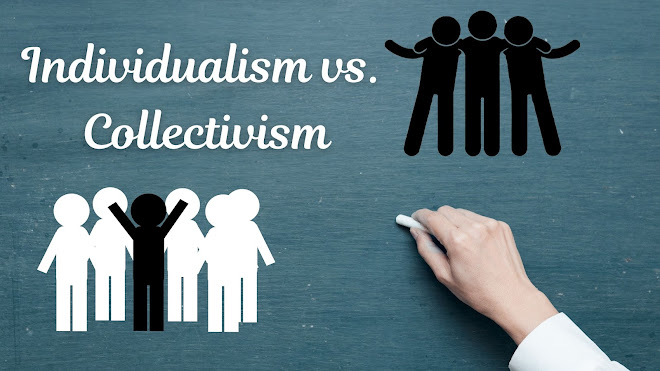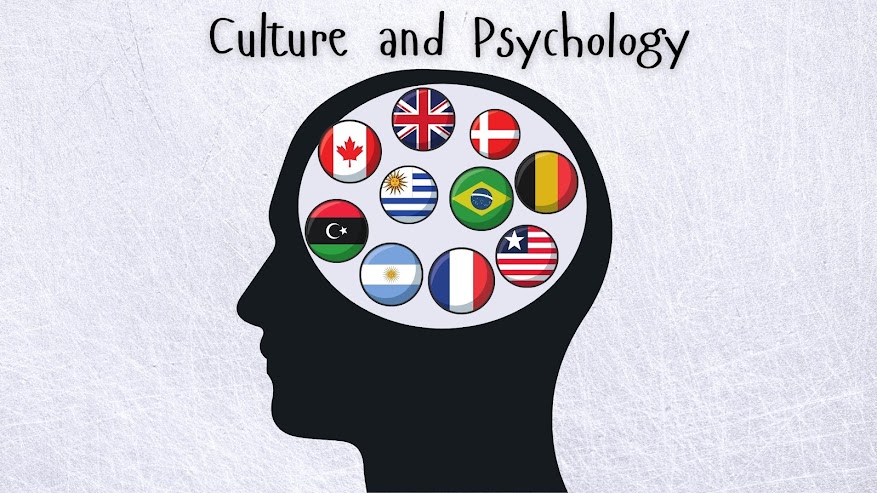Culture Differences Concerning Time.
02/03/2022 - Week 05 – Culture Differences Concerning Time
Every time I study about culture, I realize positive and negative aspects about my own culture so I reflect on those I could be better. Only my reflections don’t have the power to merge cultures around the world. Time is rushing, people are rushing to meet their schedules, work, study and take care of their families, not necessarily in that order. Each culture has its top priority, and every person who is part of each culture is affected by this top. We have different cultures, we are different people, so can a culture please all the people who are part of it? Even if people are not please with that, most strive themselves to be accepted and be a part of that.
When watching the video “Culture Differences Concerning Time” from BYU – Idaho University, professor John Ivers cited some polychronic and monochronic characteristics. In short, a monochronic culture has a schedule and tasks on its top priority, and a polychronic culture has families and friendships on its top. I am certainly part of a polychronic culture, but how far the top of my polychronic culture is affecting negatively other aspects of my life? Professor Ivers made an interesting question in the video mentioned above, “what are the consequences of our cultural rules?” One of the consequences of my cultural rule is trying to please others and harm myself for not knowing how to say no. I felt like I had multiple hands trying to please others at the same time afraid to say no, but nowadays I am balancing my culture’s rules with what really needs to be done. This aspect of my culture could affect my job as an English teacher if I couldn’t say no to a student’s mother asking for a higher grade because we are friends for a long time and her daughter is my student, or in any situation of privilege and not on merit. A teacher teaching a new language seeks to comprehend cultural rules, discuss and balance them for a better relationship.
General Douglas McArthur said, “rules are made to be broken.” As a teacher, even though I don’t agree with some rules and I have my culture’s rules, I can’t just break them. My reflections don’t have the power to merge cultures around the world, but my influence as a teacher got the power through my example to guide students to reflect on cultures rules and help them to make conscious and wise choices to balance cultural rules in their lives.
Lilian Perez.





I love you post. True sometimes saying "no" is part of a culture because we are afraid we can offend them of lose a relationship.
ReplyDeleteThank you so much for reading my post.
DeleteHi Lilian,
ReplyDeleteWow! I loved your post! Your insight into how our paradigms could sometimes harm ourselves or not be fair to our students was great. I agree that it is all about learning how to balance the two. Thanks so much!
Hi Amber. Thank you for your comment.
Delete